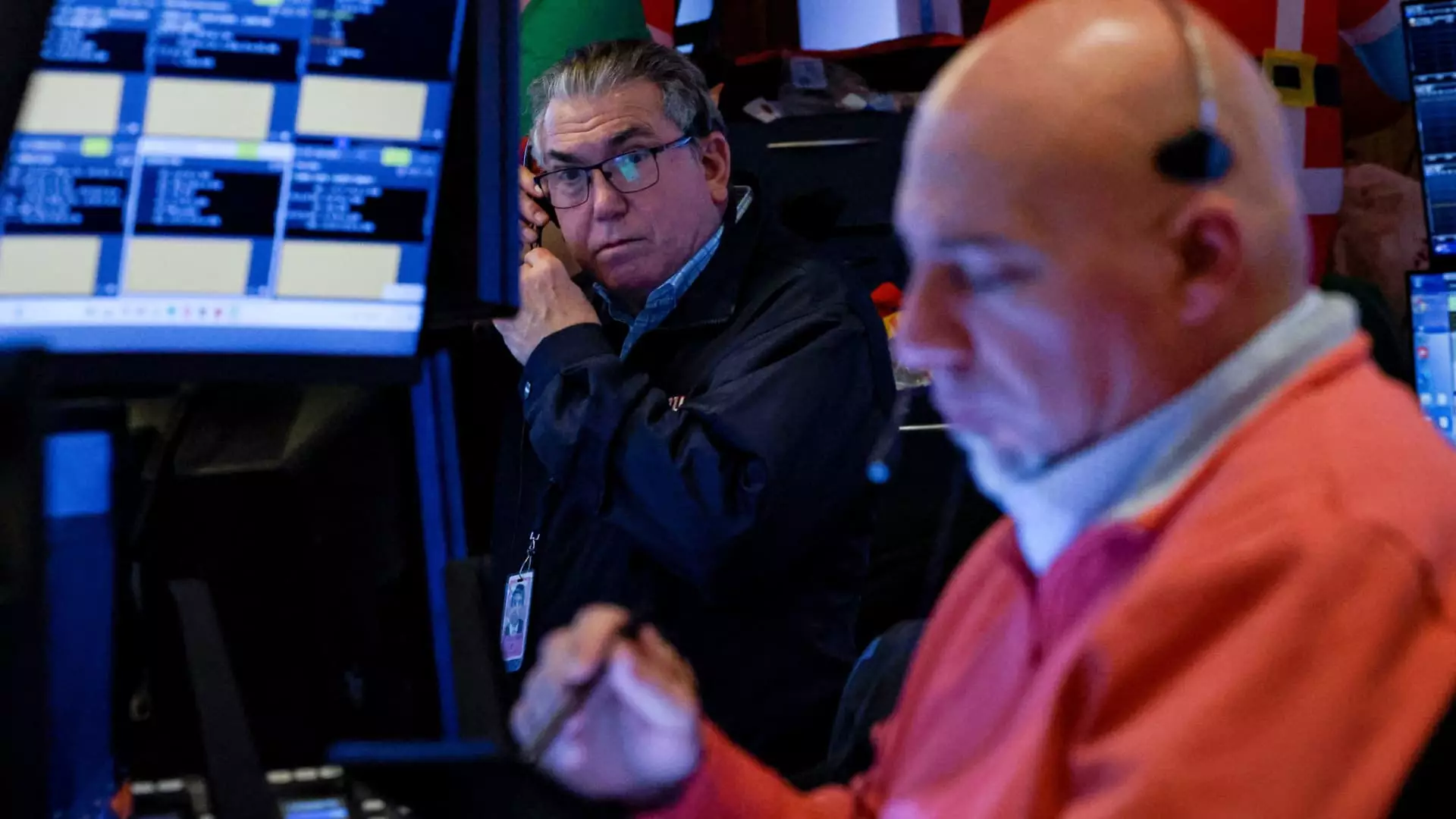The European stock indices are bracing for a challenging start on Tuesday, attributed largely to the pivotal role that central banks are poised to play this week. Anticipation surrounding interest rate decisions is intensifying, with the UK’s FTSE 100 index forecasted to open at 8,240, reflecting a decline of 18 points. Similarly, Germany’s DAX is projected to drop 22 points to 20,291, while France’s CAC is expected to see a decrease of 12 points to 7,342. Italy’s FTSE MIB is anticipated to open much lower, off by 129 points, settling at 34,618. These losses indicate a cautious atmosphere among traders as they prepare to react to forthcoming economic announcements.
At the forefront of market speculation is the U.S. Federal Reserve’s two-day policy meeting, which commences Tuesday. Investors globally are focused on the monetary policy announcement set for December 18. Current projections, according to the CME Group’s Fed Watch tool, indicate that traders are placing a 95% probability on the Federal Reserve implementing a quarter-point rate cut during this meeting. This scenario reflects a broader narrative of economic anxiety, compelling stakeholders to seek clarity on future monetary policy directions. Additionally, Chair Jerome Powell’s press conference following the meeting is anticipated to shed light on the Fed’s outlook and potential strategies moving forward.
As the week progresses, the Bank of England will convene on Thursday, yet market indicators suggest that there is only a marginal expectation for another rate cut this year. The hesitance regarding further monetary easing in the UK underscores a complex economic environment where inflationary pressures meet sluggish growth. Investors are keenly awaiting UK unemployment figures, set to be released alongside Germany’s Ifo business climate index—a key gauge of economic sentiment—on Tuesday. The interplay of these data points may provide insight into the health of the European economy and the potential trajectories of its central banks.
Amidst these financial developments, Germany has encountered political turbulence following Chancellor Olaf Scholz’s loss of a confidence vote in the Bundestag. This outcome paves the way for an anticipated snap election on February 23, a situation resulting from the recent collapse of his coalition government. Scholz strategically aimed for this vote to be lost in order to facilitate fresh elections, indicating a willingness to pivot direction amidst political uncertainty. This development contributes to the broader context within which economic policies are formed and evaluated in Europe.
Globally, scattered trends are evident in the Asia-Pacific markets, which displayed mixed performance on Tuesday. This variance hints at the ongoing uncertainty as various economies grapple with distinct challenges. Additionally, U.S. stock futures experienced a slight decline during Monday evening’s trading, mirroring the cautious sentiment observed in Europe. With no significant earnings reports on the horizon, focus will likely remain on economic data and central bank decisions, as market participants navigate through a landscape riddled with uncertainties.
As European markets prepare for a tumultuous opening, central banks continue to wield significant influence over economic expectations. Investors remain vigilant, anticipating news that could shape both short-term strategies and longer-term market trends.



Leave a Reply